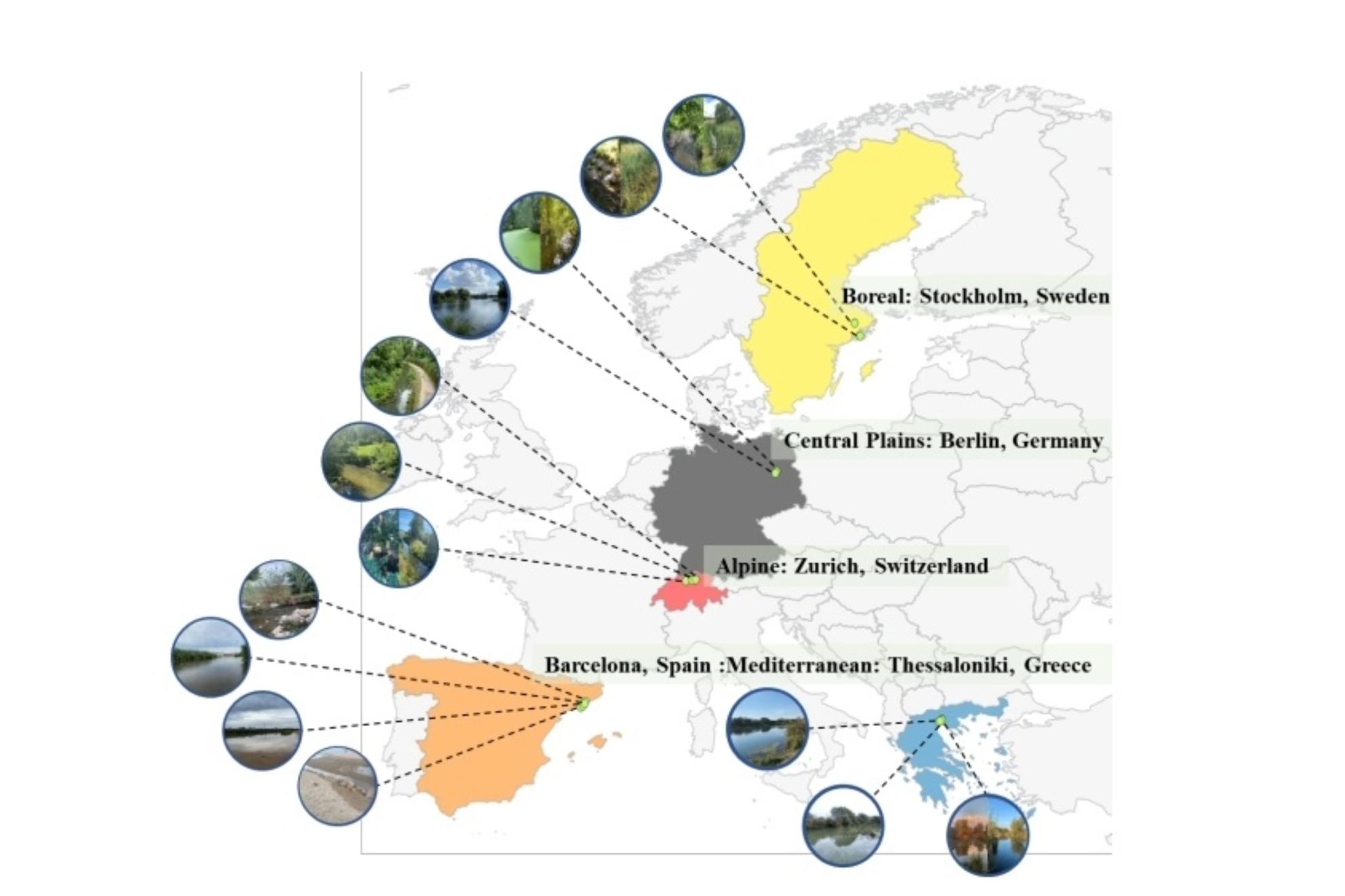Sectorial reports
25 July 2025
How to achieve a circular, competitive, and more autonomous EU chemical industry
Sectorial reports
25 July 2025
Green transition
Login / create an account to be able to react
-
31

Cefic calls for stronger policy support to unlock the circular potential of the chemical industry as new findings highlight key financial and regulatory challenges.
Editorial team
CEFIC
Topics
EU-27
Other
-
Policy type
-
-
Green transition
-
Share
The chemical industry lies at the heart of nearly all value chains and plays a vital role in supporting Europe’s transition to a circular economy. By designing materials and products for durability, reuse, repair, and recyclability – and by converting low-value resources into high-impact solutions – the sector enables circularity not only within its own operations but also across industries such as automotive, construction, electronics, textiles, agriculture, and retail. In its latest position paper, Cefic outlines key policy requirements to scale up circularity within the chemical industry to ensure a competitive, sustainable, and more strategically autonomous EU.
Findings from the recently published Cefic-UNITY study, 'Accelerating the Circular Transformation: Insights, Challenges, and Pathways for the Chemical Industry and Beyond,' show that although the chemical industry is making progress, circular economy projects continue to face significant financial barriers. These include a lack of competitiveness, regulatory clarity, and public funding support. Alignment of all relevant policies with the EU’s strategic objectives is therefore essential to foster a thriving European chemical industry that is both circular and competitive.
Comments (0)
See also
Cefic and Advancy report highlights pathways to strengthen EU chemical industry competitiveness
- Categories
New study reveals major variability in chemical biodegradation across European rivers
- Categories
EU chemical industry: challenges and transition strategies
- Categories




